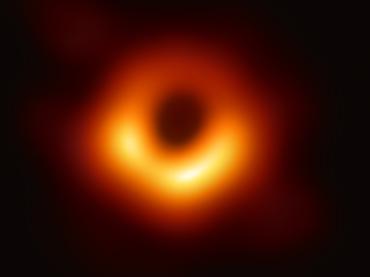Search Results for author: Harit Pandya
Found 8 papers, 2 papers with code
ReCoRe: Regularized Contrastive Representation Learning of World Model
no code implementations • 14 Dec 2023 • Rudra P. K. Poudel, Harit Pandya, Stephan Liwicki, Roberto Cipolla
To address these challenges, we present a world model that learns invariant features using (i) contrastive unsupervised learning and (ii) an intervention-invariant regularizer.
LanGWM: Language Grounded World Model
no code implementations • 29 Nov 2023 • Rudra P. K. Poudel, Harit Pandya, Chao Zhang, Roberto Cipolla
Furthermore, our proposed technique of explicit language-grounded visual representation learning has the potential to improve models for human-robot interaction because our extracted visual features are language grounded.
 Model-based Reinforcement Learning
Model-based Reinforcement Learning
 Out-of-Distribution Generalization
+2
Out-of-Distribution Generalization
+2
MVRackLay: Monocular Multi-View Layout Estimation for Warehouse Racks and Shelves
no code implementations • 30 Nov 2022 • Pranjali Pathre, Anurag Sahu, Ashwin Rao, Avinash Prabhu, Meher Shashwat Nigam, Tanvi Karandikar, Harit Pandya, K. Madhava Krishna
To the best of our knowledge, this is the first such work to portray a 3D rendering of a warehouse scene in terms of its semantic components - Racks, Shelves and Objects - all from a single monocular camera.
Contrastive Unsupervised Learning of World Model with Invariant Causal Features
no code implementations • 29 Sep 2022 • Rudra P. K. Poudel, Harit Pandya, Roberto Cipolla
In particular, we use contrastive unsupervised learning to learn the invariant causal features, which enforces invariance across augmentations of irrelevant parts or styles of the observation.
Action-Conditional Recurrent Kalman Networks For Forward and Inverse Dynamics Learning
2 code implementations • 20 Oct 2020 • Vaisakh Shaj, Philipp Becker, Dieter Buchler, Harit Pandya, Niels van Duijkeren, C. James Taylor, Marc Hanheide, Gerhard Neumann
We adopt a recent probabilistic recurrent neural network architecture, called Re-current Kalman Networks (RKNs), to model learning by conditioning its transition dynamics on the control actions.
DFVS: Deep Flow Guided Scene Agnostic Image Based Visual Servoing
no code implementations • 8 Mar 2020 • Y V S Harish, Harit Pandya, Ayush Gaud, Shreya Terupally, Sai Shankar, K. Madhava Krishna
We further present an extensive benchmark in a photo-realistic 3D simulation across diverse scenes to study the convergence and generalisation of visual servoing approaches.
Recurrent Kalman Networks: Factorized Inference in High-Dimensional Deep Feature Spaces
3 code implementations • 17 May 2019 • Philipp Becker, Harit Pandya, Gregor Gebhardt, Cheng Zhao, James Taylor, Gerhard Neumann
In order to integrate uncertainty estimates into deep time-series modelling, Kalman Filters (KFs) (Kalman et al., 1960) have been integrated with deep learning models, however, such approaches typically rely on approximate inference techniques such as variational inference which makes learning more complex and often less scalable due to approximation errors.
Exploring Convolutional Networks for End-to-End Visual Servoing
no code implementations • 10 Jun 2017 • Aseem Saxena, Harit Pandya, Gourav Kumar, Ayush Gaud, K. Madhava Krishna
In this paper, we present an end-to-end learning based approach for visual servoing in diverse scenes where the knowledge of camera parameters and scene geometry is not available a priori.





